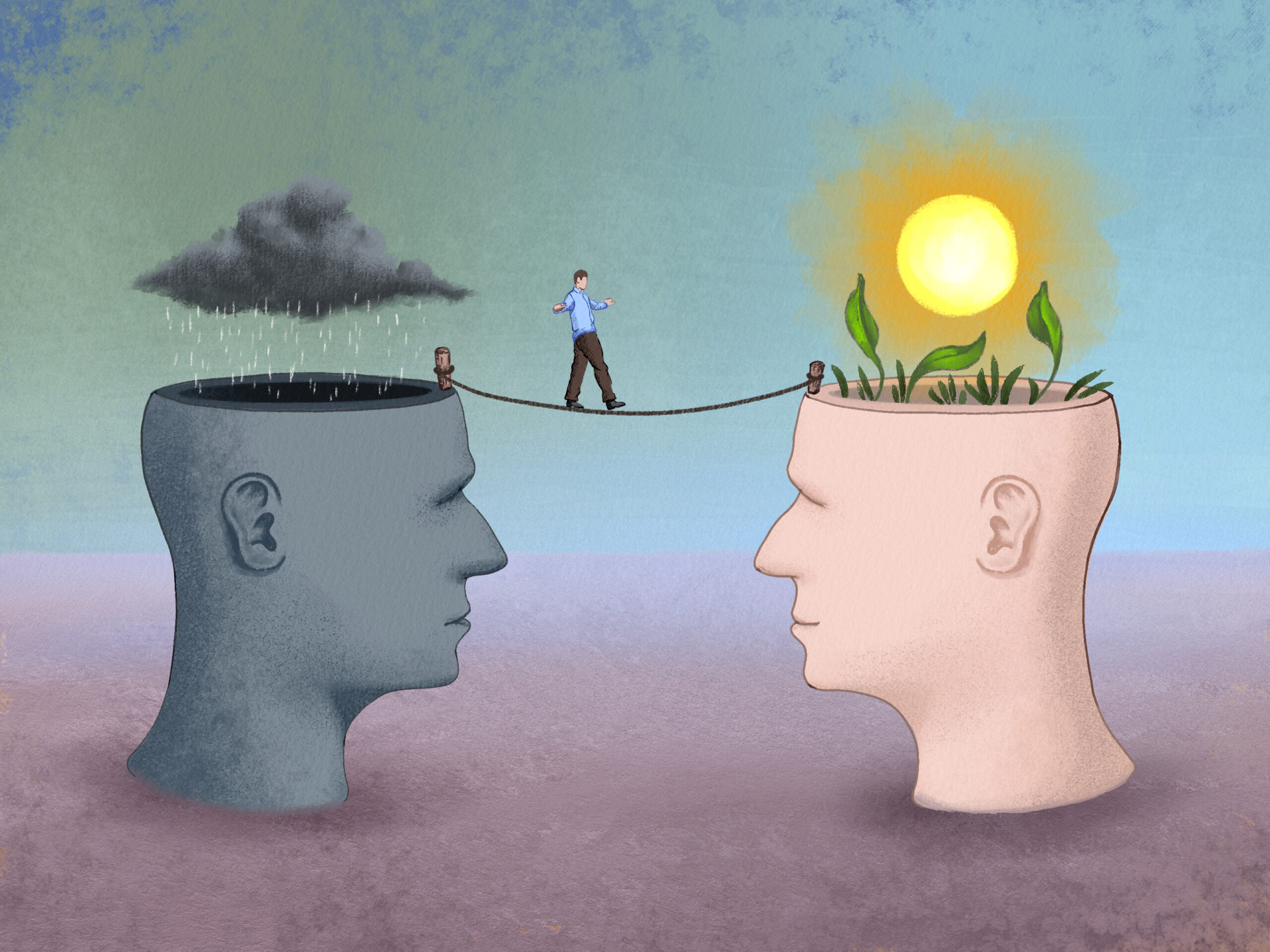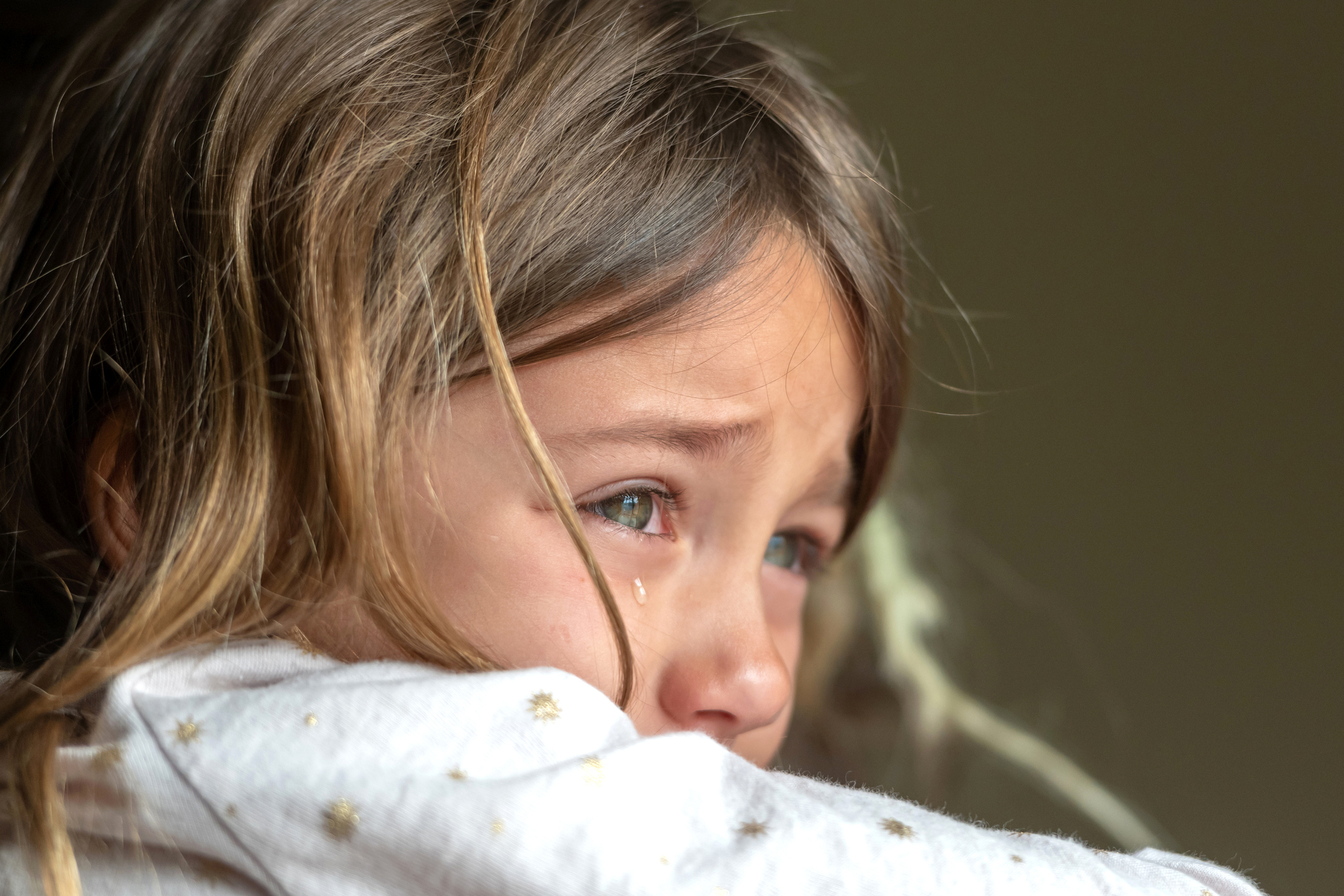Children who have experienced complex trauma often have difficulty identifying, expressing, and managing emotions, and may have limited language for feeling states. They often internalize and/or externalize stress reactions and as a result may experience significant depression, anxiety, or anger. Their emotional responses may be unpredictable or explosive. A child may react to a reminder of a traumatic event with trembling, anger, sadness, or avoidance.
For a child with a complex trauma history, reminders of various traumatic events may be everywhere in the environment. Such a child may react often, react powerfully, and have difficulty calming down when upset. Since the traumas are often of an interpersonal nature, even mildly stressful interactions with others may serve as trauma reminders and trigger intense emotional responses.
Having learned that the world is a dangerous place where even loved ones can’t be trusted to protect you, children are often vigilant and guarded in their interactions with others and are more likely to perceive situations as stressful or dangerous. While this defensive posture is protective when an individual is under attack, it becomes problematic in situations that do not warrant such intense reactions. Alternately, many children also learn to “tune out” (emotional numbing) to threats in their environment, making them vulnerable to revictimization.
Difficulty managing emotions are pervasive and occur in the absence of relationships as well. Having never learned how to calm themselves down once they are upset, many of these children become easily overwhelmed. For example, in school, they may become so frustrated that they give up on even small tasks that present a challenge. Children who have experienced early and intense traumatic events also have an increased likelihood of being fearful and are more likely to experience depression.






